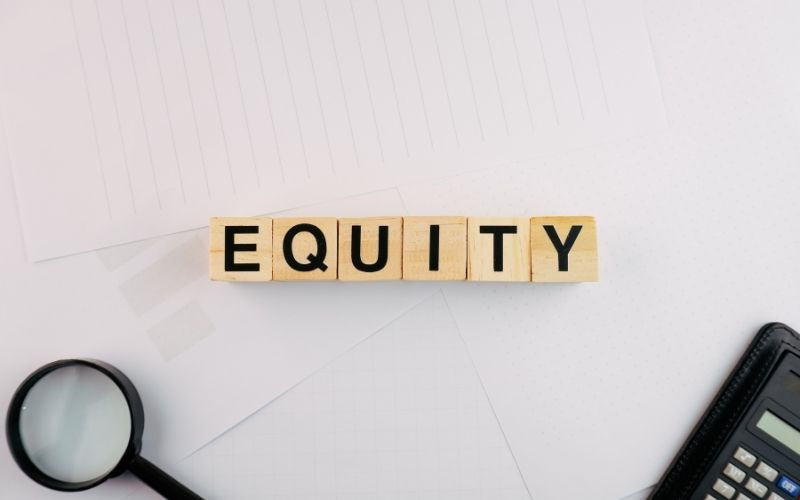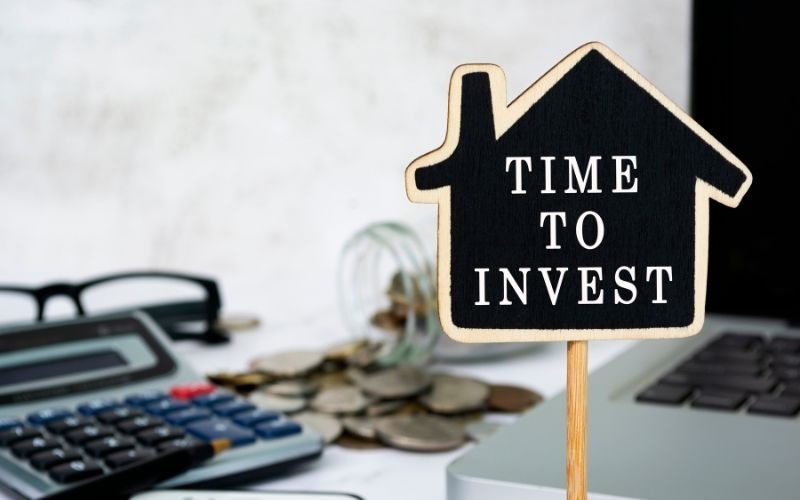How Rental Income & Tax Benefits Can Boost Your Cash Flow in 2025
- Aug 21, 2025
- 4 min read
Whether you're based in Sydney, Bathurst, or anywhere across NSW or Australia, property investment remains one of the most effective ways to grow long-term wealth. With the right strategy, it can also boost your cash flow today — through a combination of rental income and tax benefits.
In this article, you’ll learn:
How rental income offsets your investment loan repayments
What investment property expenses are tax-deductible in Australia
How property depreciation works (and how to claim it)
Cash flow examples for investors in different financial positions
Answers to common tax questions for Australian investors

🏡 Can an Investment Property Reduce the Tax you pay in Australia?
Yes. When structured correctly, an investment property can significantly reduce your taxable income, especially for salaried professionals and families in cities like Sydney or Bathurst. This happens through rental income offsetting expenses, and deductions for eligible costs.
If your expenses exceed rental income, the property is negatively geared — and you can usually claim that loss against your other income.
👉 Read more about this from the ATO: Rental Property Guide 2025
💼 What Investment Property Expenses Are Tax-Deductible?
Here’s a breakdown of tax-deductible expenses for investment properties in Australia:
Tax-Deductible Expense | Description |
Interest on your loan | Claimable if the loan is used for investment purposes to derive an income |
Council & water rates | Deductible as part of ongoing holding costs |
Property management fees | Includes letting fees and admin by rental agents |
Insurance premiums | Landlord insurance for loss of rent or damage is deductible |
Maintenance and repairs | Immediate deductions for non-capital repairs like plumbing or patching |
Strata levies | If you're investing in a unit or townhouse, these are claimable |
Advertising for tenants | Any expense to market the property for lease |
Depreciation | Covers building structure and fittings — see below |

🏗️ How Is an Investment Property Depreciated?
Depreciation is one of the most valuable non-cash tax deductions available to property investors. You claim the loss in value of your property and its fixtures over time — lowering your taxable income without spending a cent out of pocket.
There are two key types of depreciation:
1. Capital Works Deduction (Division 43)
Applies to buildings built after 1987
Claimed at 2.5% annually over 40 years
Includes walls, bricks, concrete, and built-in structures
2. Plant & Equipment Depreciation (Division 40)
Covers items like:
Ovens
Carpet and flooring
Hot water systems
Blinds and air conditioning
Claimed at varying rates based on item lifespan
📌 To access this, you’ll need a Tax Depreciation Schedule from a quantity surveyor. There is a difference on how a newly built property is compared to an established property.
👉 Want help? Contact us for a referral to our trusted surveyors or investment property accountants in NSW.
💰 How Rental Income Offsets Your Loan Repayments
Unlike your home loan — where 100% of the repayments come from your salary — investment properties are income-producing assets. Your tenant helps pay down the loan for you.
🔢 Example 1: You’re a renter in Sydney and purchase an investment property (rentvestor)
Your Rent: $500 per week
Investment loan repayments: $2,500/month
Rental income: $2,000/month
Tax deductions: $300–$400/month
Cost to hold the investment property: $100–$200/month
Real out-of-pocket cost is $550 per week
🔢 Example 2: You live in Bathurst and own your home outright
Use equity to purchase investment
Rental income: $2,400/month
Repayments: $1,800/month
Net monthly cash flow: +$600/month
Tax refund = bonus at year-end

❓ FAQ: Investment Property & Tax
Q: Can an investment property reduce tax in NSW or Australia-wide?
Yes. Through negative gearing, depreciation, and deductible expenses, most property investors can reduce their overall tax payable — especially those with stable PAYG income.
Q: How is an investment property depreciated in Australia?
Through capital works (the building) and plant & equipment (fixtures). You’ll need to purchase a depreciation schedule, which outlines how much can be claimed each year. There is a difference between newly built and existing properties.
Q: Can I claim expenses if my property is vacant?
Yes, in most cases — if it’s genuinely available for rent. An accountant can help clarify this.
👉 Get in touch to request a referral to a property-focused accountant in NSW.
DISCOVER MORE >
👥 Let’s Tailor This to Your Situation
We work with clients every day to structure smart, tax-effective investment property loans. We’ll help you:
Understand your borrowing power and potential returns
Connect with accountants and quantity surveyors
Choose the right loan structure to balance cash flow and tax efficiency
Call us on (02) 8313-8400 or request a call back.







Comments